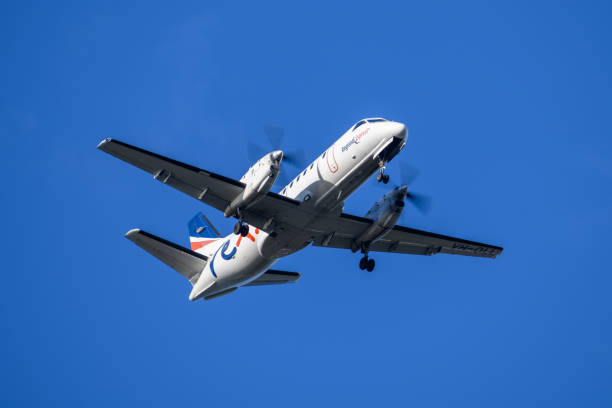

No government wants to rescue a private company deep in trouble but given the dire condition of Rex airline’s finances and the importance of the carrier to regional towns and cities, this $130 million lifeline is good policy. In fact, it’s the easy bit. The hard bit is making sure the business uses the money well to become successful and independent of government support.
In this case, the administrator has to use this loan or grant well to ensure Rex attracts potential buyers, and out of the proceeds of the sale the Government gets its money back.
This rescue by the Albanese Government has also been helped by the fact that an election is looming but the biggest driver for this support from Canberra was the view of the company’s administrator, EY, which was pessimistic about finding a buyer for the failed airline.
That meant creditors who were owned money would have called for a liquidation of the company’s assets to at least get some return for the dodgy debts they had against Regional Express.
The AFR’s Ayesha de Kretser explained what the Government is up for with the following: “Transport Minister Catherine King said on Thursday that the government would pay $50 million to PAG Asia Capital, the collapsed airline’s biggest financial backer, to become the main creditor. That would allow it more of a say over the company, which connects major regional towns.”
This adds to the already $80 million the public purse forked out to keep the airline in the air, after its attempt to compete for capital city customers was a costly failure.
Rex is now back to its knitting, servicing regional customers after parts of its business have been sold off.
The Pel-Air ambulance service was sold to Toll Holdings for $47 million and former Rex chairman, Lim Kim Hai, swooped on the charter business called National Jet Express.
The bailout means PAG’s $150 million investment into Rex, which looked set to net a big loss, is now down to $10 million, thanks to the Government’s actions to keep Rex alive.
However, not everyone is happy, with smaller rival companies arguing they could have filled the gap if Rex had folded and that wouldn’t have cost the Government a penny.
Against that were the concerns from the Australian Competition and Consumer Commission (ACCC) that argued “…the exit of Rex from some big city routes had been followed by a sharp rise in airfares, including increases of 95 per cent between Adelaide and Melbourne,” the AFR explained.
So, why the rescue? Here are the reasons:
The AFR pointed out that the ACCC said city to city airfares rose 13.3% after Rex failed and discontinued its city services, while regional fares were largely unchanged. However, that was because Rex had been kept operating, thanks to public funding.
Of course, if the Government and the ACCC had been more active in regulating an industry with insufficient competition, then this whole Rex disaster might have been avoided.
This bailout is the price that comes from poor regulation of our airline industry by a succession of governments.